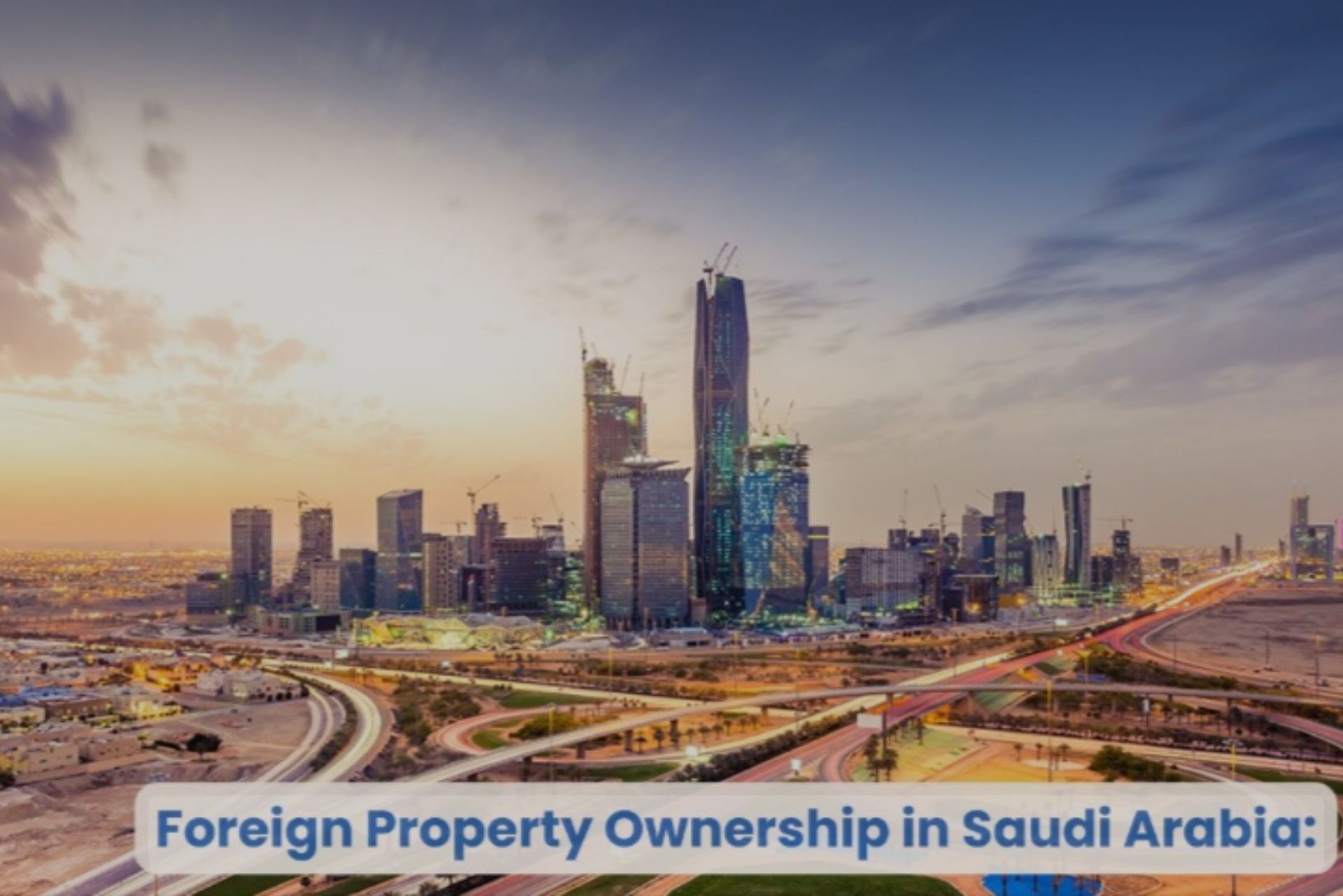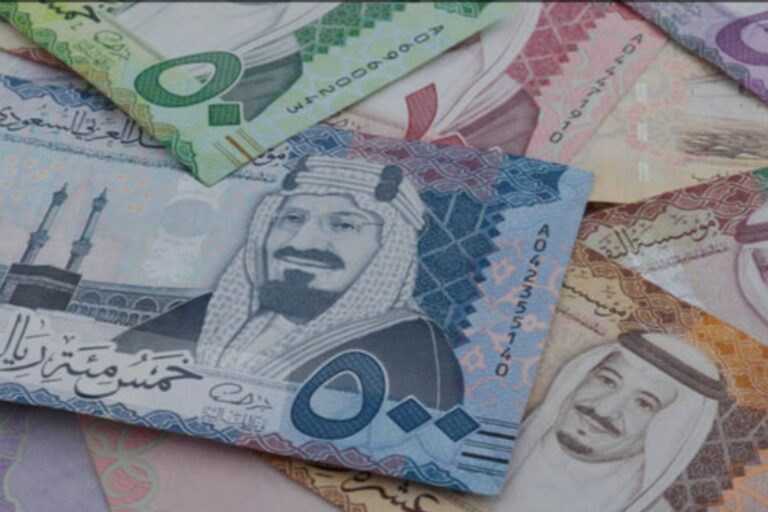Saudi Arabia to Allow Foreign Property Ownership in Riyadh and Jeddah Starting January 2026
RIYADH, July 10, 2025 — In a landmark decision aimed at boosting foreign investment and diversifying its economy, Saudi Arabia has approved a new law allowing non-Saudis to own real estate in designated areas of the Kingdom, with a particular focus on Riyadh and Jeddah. The law, set to take effect in January 2026, is part of the Kingdom’s broader Vision 2030 initiative to attract global investors and stimulate the real estate sector.
Key Features of the New Property Ownership Law
The updated legislation permits foreigners to buy and own property in specific geographic zones identified by the Real Estate General Authority (REGA). While Riyadh and Jeddah are the primary cities opening their markets to foreign ownership, the holy cities of Mecca and Medina will remain subject to stricter regulations and additional conditions due to their religious significance.
The law is designed with safeguards to protect Saudi citizens’ interests, including strict procedural controls and market regulations to prevent speculation and ensure balanced development. The Real Estate General Authority will publish detailed executive regulations within 180 days of the law’s official gazette publication, outlining eligibility criteria, application processes, and enforcement mechanisms.
Objectives Behind the Reform
Housing Minister Majed Al-Hogail described the law as a continuation of Saudi Arabia’s comprehensive real estate reform agenda. The key objectives include:
- Increasing real estate supply by attracting foreign investors and developers.
- Stimulating foreign direct investment (FDI) to support economic diversification.
- Enhancing competition in the domestic real estate market to improve housing quality and affordability.
- Encouraging public-private partnerships (PPPs) and private sector participation.
This reform aligns with Vision 2030’s goal to increase the private sector’s contribution to the GDP from 40% to 65% by 2030.
Impact on the Real Estate Market and Economy
The announcement has already sparked a rally in Saudi real estate stocks, reflecting investor optimism. Experts expect the influx of foreign capital to accelerate major development projects, particularly in mega-project zones such as NEOM, the Red Sea Project, and Diriyah.
Real estate specialists emphasize that the law introduces global standards to the Saudi market, potentially lowering property prices for Saudi nationals while attracting high-value foreign investments that bring hard currency and create jobs.
Table: Summary of Saudi Arabia’s Foreign Property Ownership Law
| Aspect | Details |
|---|---|
| Effective Date | January 2026 |
| Areas Open for Ownership | Riyadh, Jeddah, select zones (excluding Mecca & Medina) |
| Regulatory Authority | Real Estate General Authority (REGA) |
| Key Objectives | Increase supply, attract FDI, support Vision 2030 |
| Restrictions | Special conditions for holy cities; market safeguards |
| Expected Economic Impact | Boost foreign investment, improve housing market |
Future Steps and Implementation
The Real Estate General Authority will soon release detailed maps and regulations defining the exact zones where foreign ownership is permitted. These regulations will also specify eligibility requirements such as residency status, income thresholds, and ownership duration to ensure sustainable investment.
The government is also working on complementary housing reforms in Riyadh to address rising land and rental prices, including plans to develop thousands of new residential plots for Saudi citizens at affordable prices.
Conclusion
Saudi Arabia’s decision to open its real estate market to foreign ownership marks a historic shift in the Kingdom’s economic policy. By allowing non-Saudis to purchase property in key cities like Riyadh and Jeddah, the Kingdom aims to attract international investors, diversify its economy, and enhance the quality and availability of housing.
This move not only supports the ambitious targets of Vision 2030 but also positions Saudi Arabia as a more open and attractive destination for global capital and talent.







